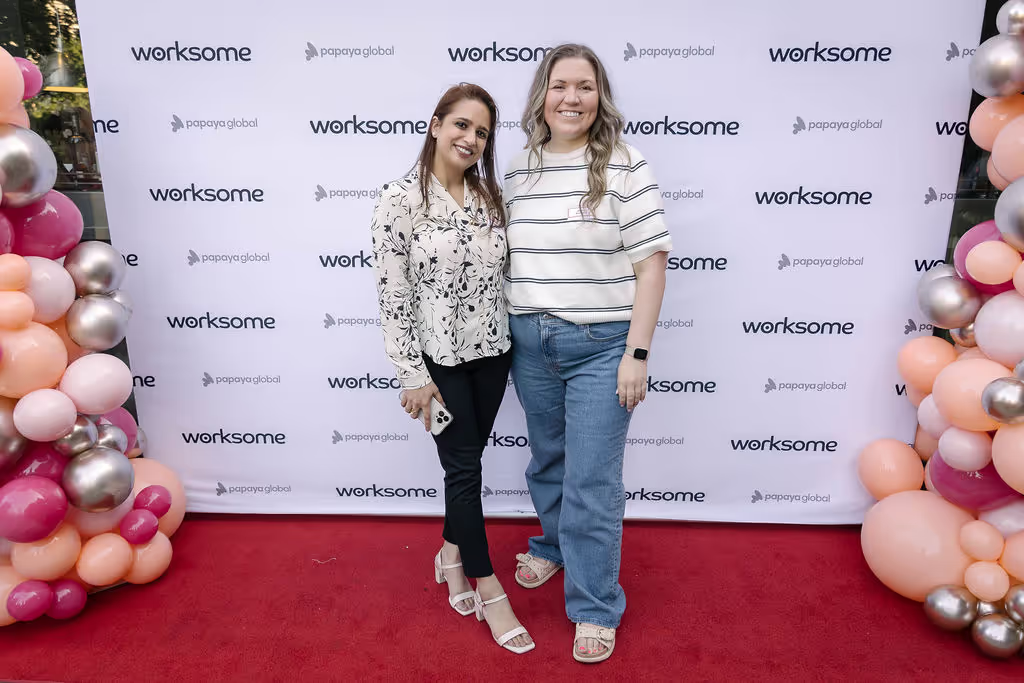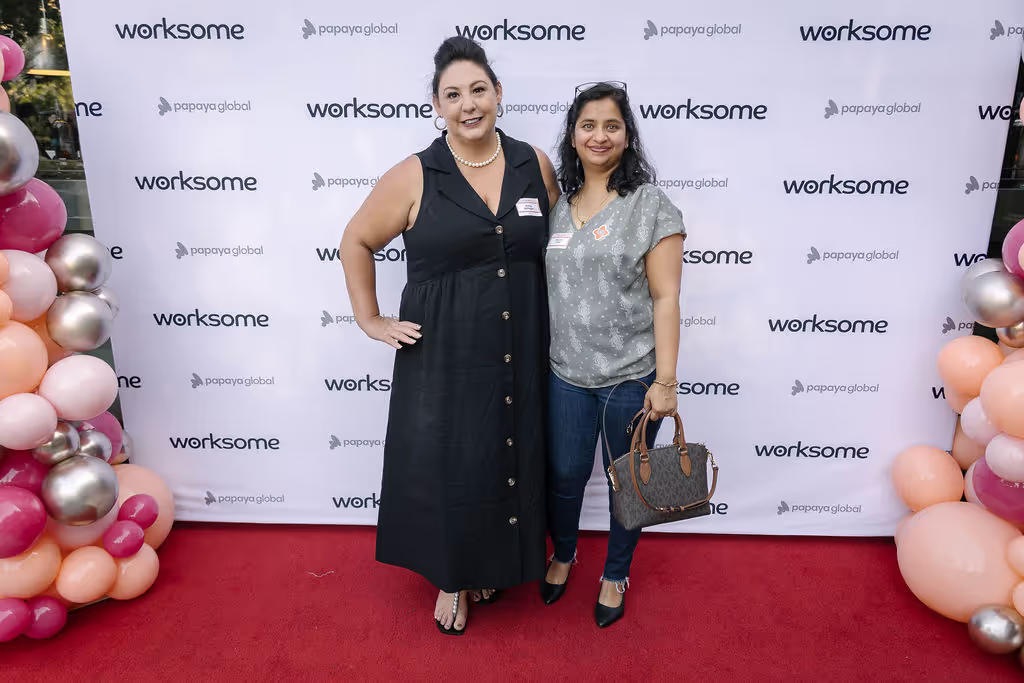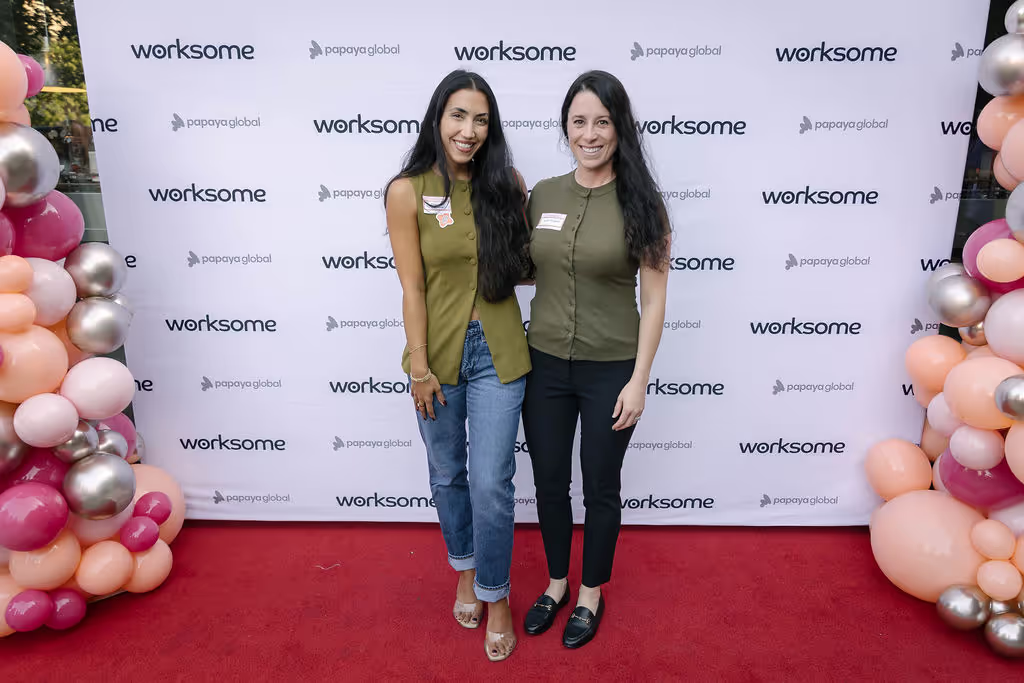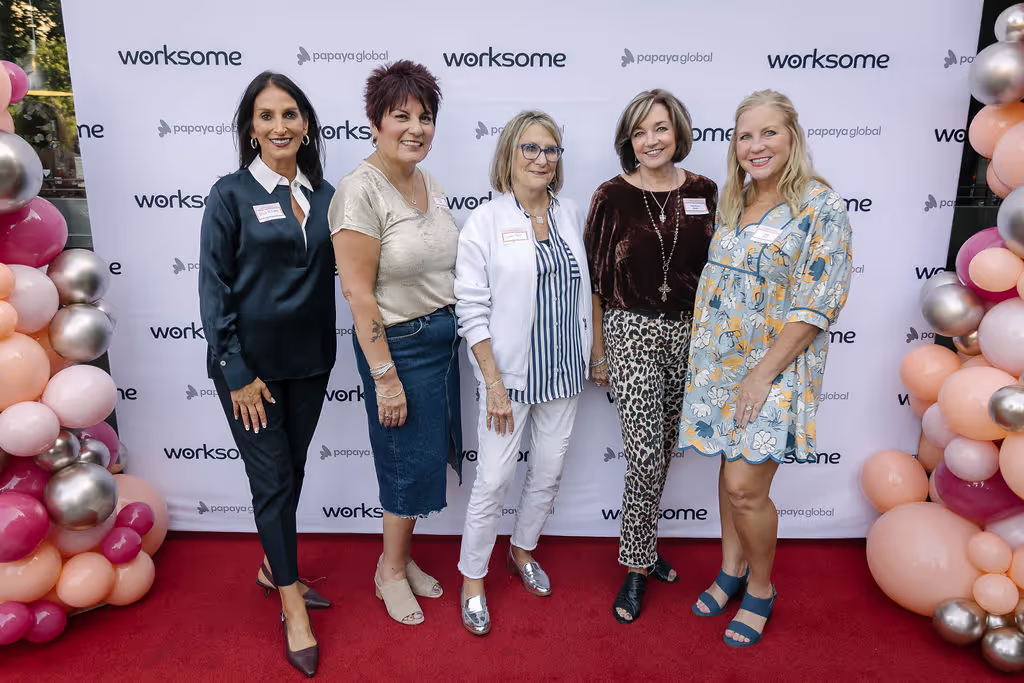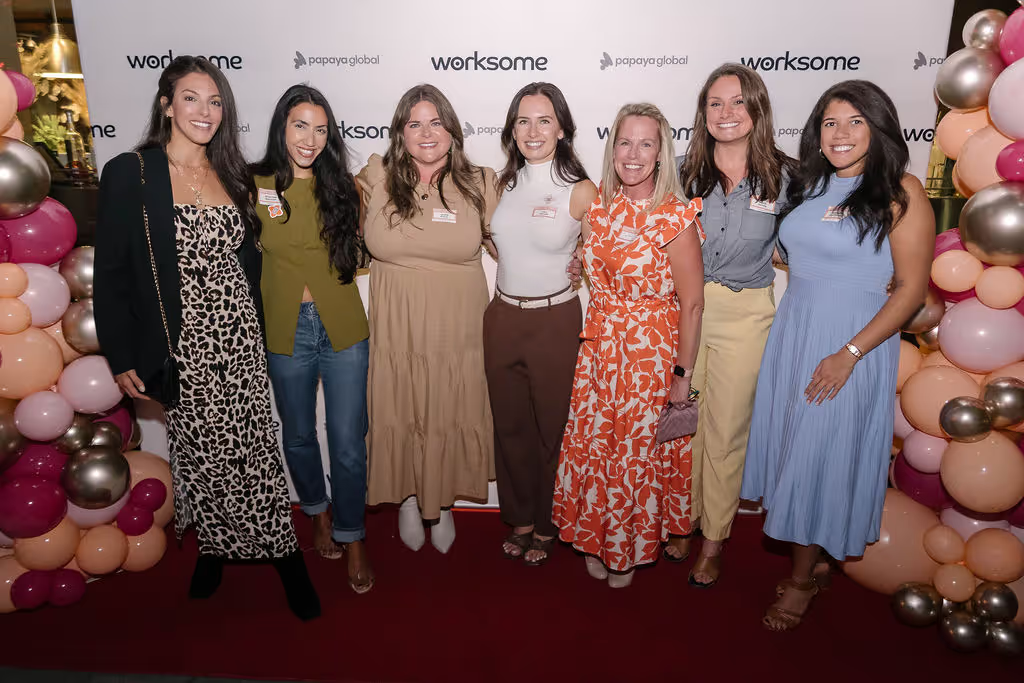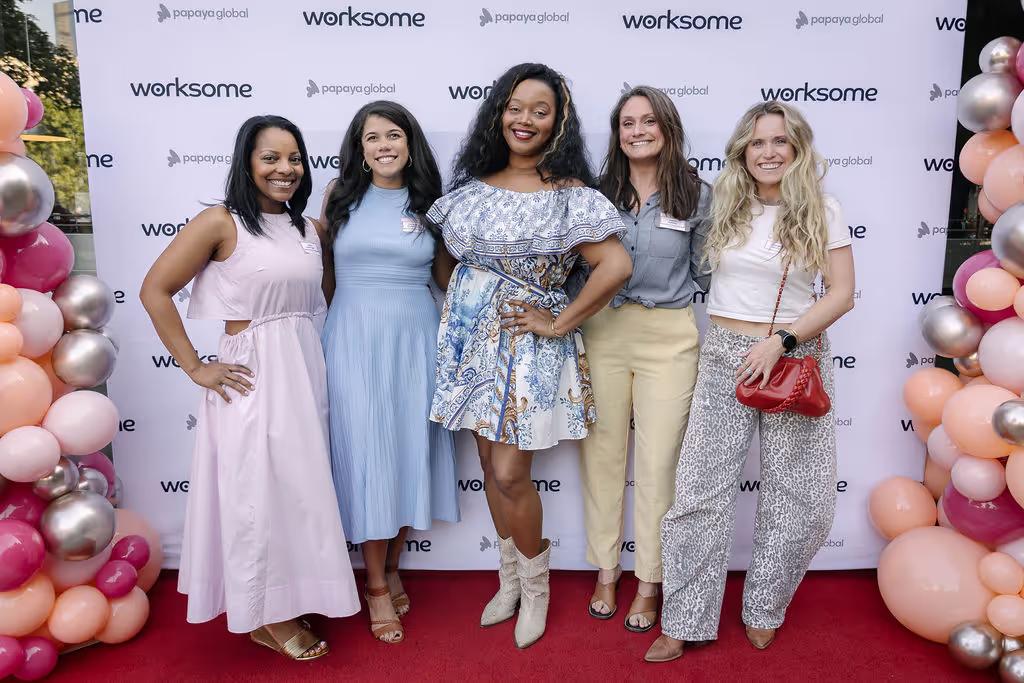Brits are redefining the future of work. How, you might ask? They’re becoming freelancers.
The number of self-employed workers has been on the up in the UK since 2001. And they now account for around 15% of the working population in the UK. The number of self-employed workers has increased from 3.3 million in 2001 to 4.8 million in 2017, according to the Office for National Statistics (ONS).
Brits increasingly want to work where they want, when they want, and on the work of their choosing. They’re driven by the desire to achieve greater freedom and flexibility in their lives.
We see similar trends across Europe. The freelance segment is the largest growing segment in the EU, according to Freelancer Worldwide. But the Land of The Free is also experiencing a boom in the freelance economy. Between 2014 and 2017, 3.7 million more people started freelancing in the US. In fact, 53 million people are already freelancing either full time or part time. And they’re freelancing by choice: 61% percent of freelancers said they’ve chosen to work this way versus doing it out of necessity, according to UpWork.
The take away? The future of work is flexibility.
Here are three important insights about the new way millions of people are working:
Technology is empowering freelancing
Part of the reason freelancers are increasing in numbers is that freelancers are able to work remotely. The growing popularity of collaborative software tools, like Slack, Dropbox, and Google Docs, has made working remotely a lot easier than ever before. On top of that, online marketplaces, like Worksome, have made it much easier to find jobs. The future of work is, to a high extent, taking place online. This reduces the costs of finding talent for companies, gives freelancers more work, and it helps grow our economy as well. Consider a report from the McKinsey, which finds that by 2025 these online marketplaces “could add $2.7 trillion to global GDP, and begin to ameliorate many of the persistent problems in the world’s labor markets.”
Quality of life is driving the desire to become a freelancer
While freelancers and non-freelancers both prioritize lifestyle over earnings, freelancers are the ones actually getting the lifestyle they want, according to Upworks study from 2018. Full time freelancers are 21 percentage points more likely to say their jobs allow them to live the lifestyle they want. As a matter of fact, 84% of freelancers say this versus 63% of non-freelancers. They’re so passionate about the lifestyle that half of freelancers said they wouldn’t take a 9-to-5 job no matter how much money they were offered. The future of work is all about balancing flexibility with passionate work. Or, at least it should be.
Millennials are driving the future of work
Employee loyalty is slowly dying. According to Deloitte half of Millennials will leave your company within two years. Millennials want more freedom to decide when they work and where. Freelancing offers both. Surprised? Then consider this: Gallup states that 60% of employees are open to a better offer from a competitor.In fact, West Monroe Partners found that 45% of employees applied to a competitor’s job opening within their first year. The future of work is not about owning talent. It’s about having access to talent. Traditional ownership thinking is dead - and may it rest in peace. Read more about these trends in this blogpost Future recruitment: It’s all about embracing the freelance revolution.
You might read this and think the future of work is all about the pursuit of happiness. That’s definitely true. Many of those choosing to freelance today are doing so to get back to basics and closer to the lives they want. In order to achieve that goal, they need the flexibility to define their lives on their own terms. And the people most likely to have this freedom are freelancers.
They’re free-lancing in the literal meaning of the word.








